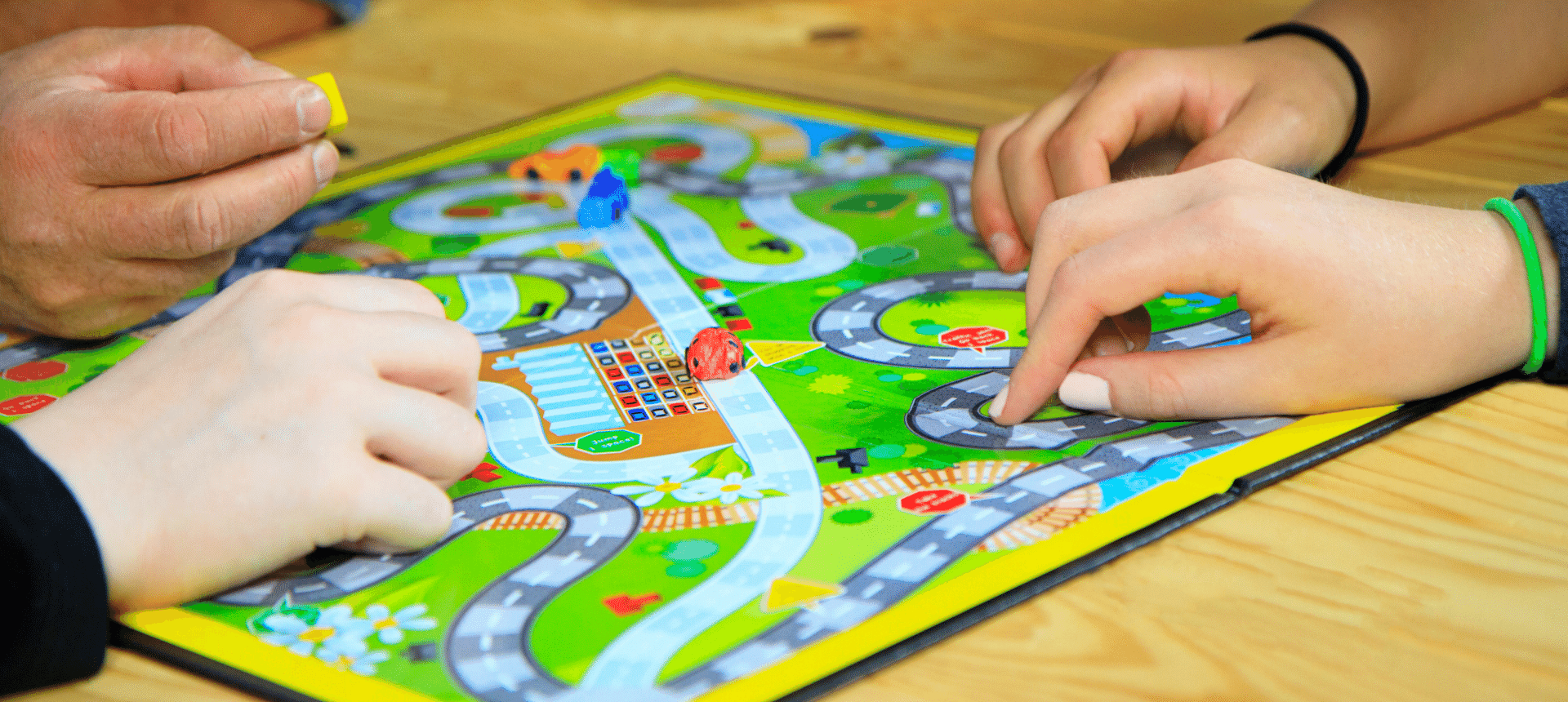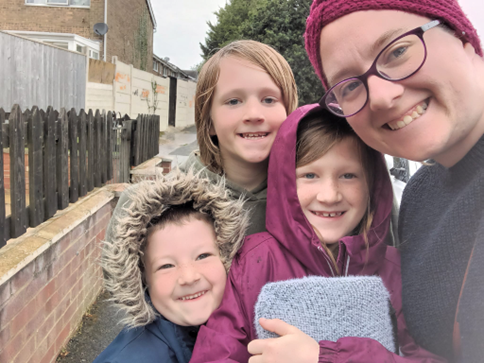There are many myths that surround home education and home educating your child in the UK. In this article, home educating mum of 3, Hannah, explores the 5 top myths she has encountered over the years.
Prior to 2020, home education was barely heard of. If you said ‘homeschoolers’ to someone on the street, they would probably conjure up images of American families with 10-20 children, living on an isolated farm in a rural state and living a conservative, sheltered lifestyle.
When COVID hit, it seemed to do away with the stereotypes of home educators (well, nearly) as people sought support from the home educating community while trying to homeschool their own children. What it didn’t do however, was to give people a realistic view of home education. What happened during COVID was that families attempted to replicate the school environment whilst also trying to work full-time from home, locked in their houses and without any social interaction or support. There was also the constant fear of getting ill, or making others ill, as well as unemployment from crashing businesses. In short, it couldn’t have been a worse version of home education.
There are lots of myths that people believe about home education, so I thought I’d share a few with you. Perhaps you’ve considered home education yourself (or never thought about it because you believed these myths) or maybe you’re already a home educator who is tired of hearing these things about yourself and your community!
Myth 1: “Home educated kids don’t socialise.”
Reality: We tend to think that kids need to be around 30 other children of the same age for 30 hours a week. However, that’s only because that’s what we’re used to. No part of the school system was set up based on what is best for child development, including the social side. Home educated children socialise in many ways including drop-off groups, extracurricular activity groups, playdates, meet-ups, day trips with other home educating families, Scouts and religious groups and hobby groups such as sports and music.
One perk of home education is that if you are introverted you can arrange 1-1 time instead of large groups, but if you’re extroverted you can socialise in groups as much as you like! The social scene (for both kids and parents) depends on your local area and how proactive the home educating parents are in arranging social events. If there aren’t many near you, you can start one!
Myth 2: “You have to sit at a desk 6 hours a day.”
Reality: Home education happens anywhere and everywhere. At the park, in museums, on the bus, in the car, in the bath, whilst cooking or playing basketball or while visiting Granny. There is no stopping home education; children are hardwired to learn and you don’t need to do any ‘desk work’ if that’s not right for your child. You also don’t have to follow a timetable or do ‘school hours’. You are free to choose what works for your family!
Myth 3: “You have to follow the National Curriculum.”
Reality: You don’t have to follow the National Curriculum, or indeed any curriculum. Home education should be personalised to your child and although you are free to use a curriculum if you wish, it’s usually not the best way for kids to learn. The law states that your child’s education should be suitable for their “age, aptitude, ability and any additional needs”; this doesn’t require a curriculum.
Myth 4: “The council and OFSTED will have to come and check on you.”
Reality: OFSTED have nothing to do with home education and will never contact you. The Local Authority (your council) may contact you informally to enquire about your home education provision. You do not have to have a meeting or speak on the phone with them; instead you can provide written information annually about the education your children are getting.
Myth 5: “Home education is expensive.”
Reality: Home education can be free; many people do it on a low income and there are plenty of free resources available so that families do not have to spend money. Home education can often be cheaper than school as there are no obligatory purchases (such as uniform, school trips etc). There are Outschool classes starting from just £4 so even if you did want to spend money on home education, it doesn’t need to be expensive!
Did any of these surprise you? Most people are shocked to find that we don’t have to do the National Curriculum or have meetings with the Local Authority. But home education is working brilliantly in the UK as an alternative to the education system, and for many families it is their first choice education for their child. If you’re interested in finding out more about home education subscribe to our blog for weekly tips, info and resources!










